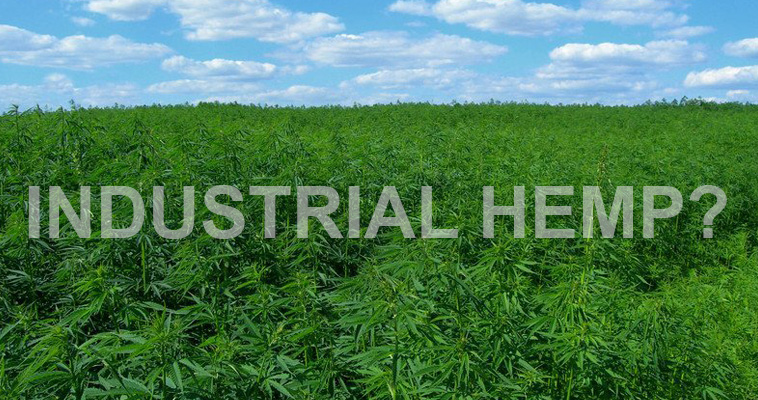What Are Hemp Concentrated Products?
First off, hemp-concentrated products include items like CBD oils, tinctures, and extracts that are derived from industrial hemp. These products are designed to deliver large amounts of hemp-derived compounds, primarily CBD, in small, concentrated doses. Sounds handy, right? While these products offer potential health benefits such as pain relief, anxiety reduction, and more, there are also some concerns worth noting.
Potential Dangers of Hemp Concentrates
- Contamination Risks One of the biggest concerns with hemp concentrates revolves around contamination. Because these products are concentrated forms of the hemp plant, any pesticides, heavy metals, or other contaminants in the plant can also be concentrated. If the hemp isn’t grown in a clean and controlled environment, these substances can end up in high concentrations in the final product, potentially posing health risks.
- Inconsistent Potency The lack of standardization can be a major issue. The CBD industry is still relatively unregulated, which means potency and ingredients can vary widely from one product to another. This inconsistency can make it difficult for consumers to know how much CBD they are actually consuming, leading to potential overuse or underuse.
- Drug Interactions CBD is known to interact with various medications, which can either increase or decrease the effectiveness of these drugs. This can be particularly dangerous for individuals on medications for serious conditions such as heart disease, epilepsy, or chronic pain. Always consulting with a healthcare provider before starting any new hemp-based product is crucial.
- Over-reliance and Mismanagement There’s also the risk of over-reliance. Some individuals may turn to hemp concentrates as a catch-all solution for various health issues without proper guidance from healthcare professionals. This can lead to mismanagement of potentially serious health conditions, as these products are not cure-alls.
- Legal Concerns Although industrial hemp products are legal at the federal level in the U.S., as long as they contain less than 0.3% THC, there’s still a lot of confusion and inconsistency with state laws. This legal grey area can make it risky for consumers and businesses alike, leading to potential legal consequences depending on where you live or travel.
- Market Saturation The rapid influx of hemp products into the market has led to a saturation that can overwhelm consumers. With so many products available, it becomes challenging to choose safe and effective products, increasing the risk of buying low-quality or counterfeit items that may not provide the expected health benefits or could even be harmful.
The Bottom Line
While industrial hemp concentrates offer a lot of promise in terms of health and environmental benefits, they come with far more risks than legal cannabis products sold at licensed dispensaries, which are highly regulated. As with any concentrated product, the potential for contamination and the lack of regulation pose significant concerns. Being informed and cautious can help mitigate these risks. Always opt for cannabis products from a licensed dispensary, check for third-party testing, and consult healthcare professionals when in doubt.
Understanding these potential pitfalls is key to making informed decisions about using cannabis, ensuring you reap the benefits while minimizing any dangers associated with industrial hemp-based products.

